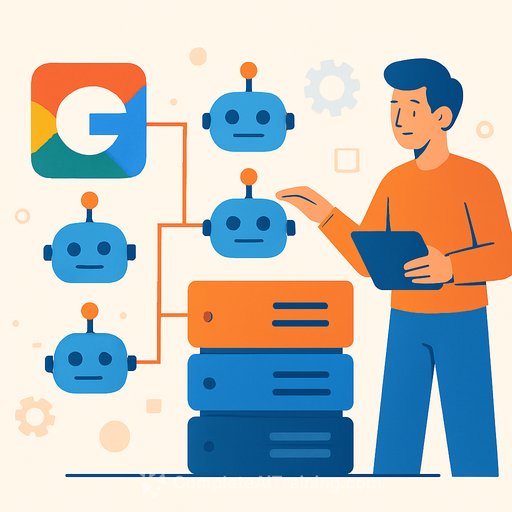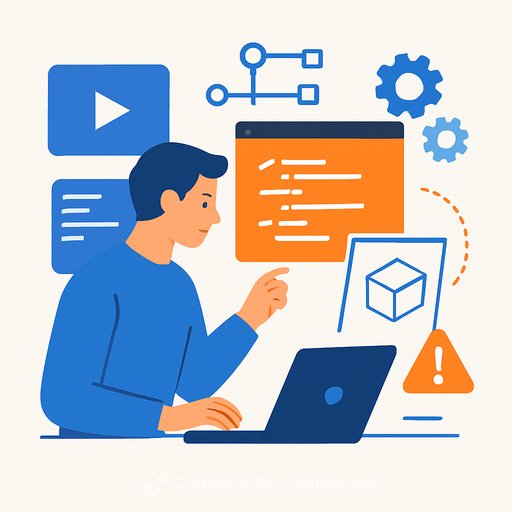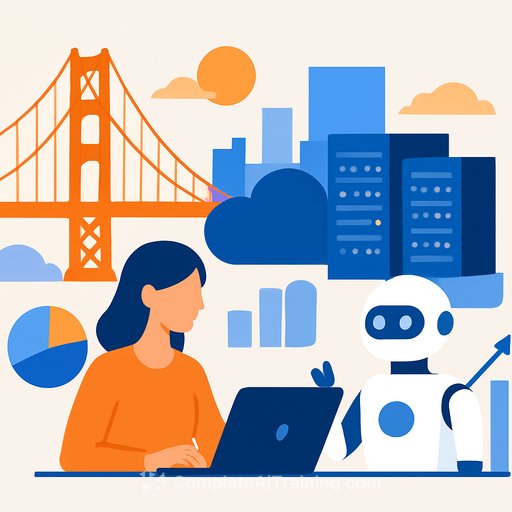Google Unveils Agentic Stack to Simplify AI Agent Deployment
On August 1, 2025, Google Cloud introduced a new unified framework aimed at addressing the challenges of moving AI agents from prototype to production. At Anthropic’s Code w/ Claude event in San Francisco, Ivan Nardini, a Developer Relations Engineer for Google Cloud, highlighted the key obstacles developers face and presented Google’s solution: the agentic stack on Vertex AI.
Challenges in Operationalizing AI Agents
Building AI agents is powerful but deploying them at scale often involves friction. According to Nardini, developers encounter three main issues:
- Fragmented frameworks: Multiple competing systems create confusion and inefficiencies.
- Integration difficulties: Connecting different components and tools is complex.
- Lack of operations and governance: Managing, scaling, and monitoring agents reliably is a major hurdle.
After prototyping, developers typically face manual challenges around deployment, observability, and management. This slows down iteration cycles and complicates governance across multiple agents.
Introducing Google’s Four-Tier Agentic Stack
Google’s answer is a structured, four-layer framework designed to streamline the entire AI agent lifecycle:
- Agent Development Kit (ADK): An open-source, code-first toolkit for building, evaluating, and deploying AI agents.
- Model Context Protocol (MCP): A protocol that standardizes how applications provide context to large language models (LLMs).
- Agent2Agent (A2A) Protocol: Enables seamless communication between agents, even if built on different frameworks.
- Vertex AI Agent Engine: A managed platform that handles infrastructure, auto-scaling, and built-in observability features like logging, monitoring, and tracing.
The MCP and A2A protocols create a common language, breaking down silos between different agent systems. The Vertex AI Agent Engine abstracts away operational complexity, letting developers focus on agent logic instead of infrastructure management.
Why the Agentic Stack Matters
Deployment is often the biggest bottleneck in agentic AI development. Google’s stack addresses this gap by providing a unified approach from development to production. This structure enables faster iterations, better governance, and easier multi-agent collaboration.
Nardini emphasized the importance of operational support, noting that managing agents in production without such a platform is extremely difficult due to the need for ongoing operations and governance.
By standardizing protocols and offering a managed platform, Google positions Vertex AI as a central hub for enterprise-grade agent development, independent of the underlying model or framework.
For developers and IT professionals looking to deepen their skills in AI agent development, exploring resources like Complete AI Training’s latest AI courses can provide practical insights and guidance.
Your membership also unlocks:






